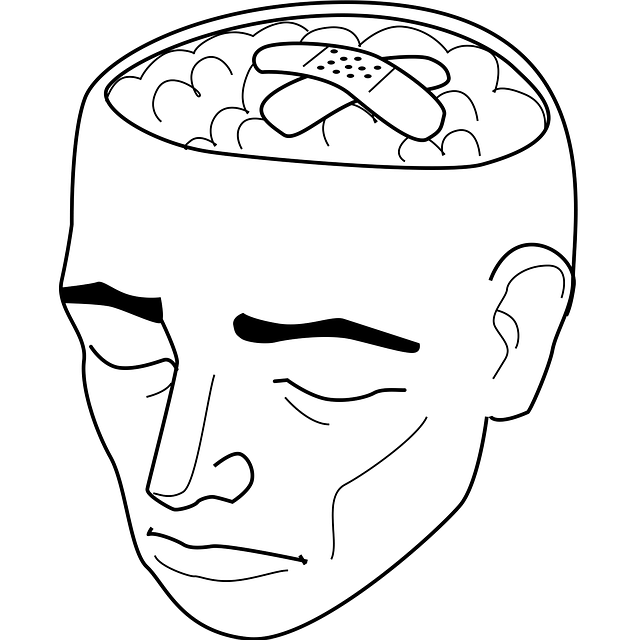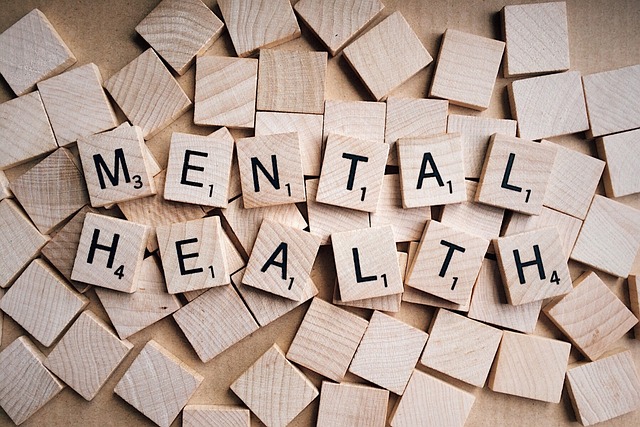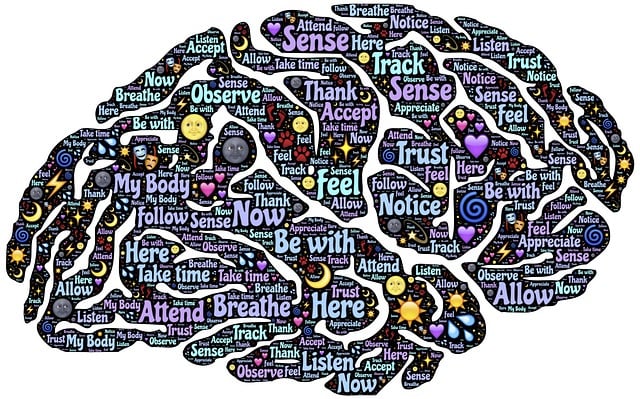Mental health crisis hotlines, especially those offering bilingual support, are vital resources for adults from non-English speaking backgrounds seeking therapy. These 24/7 services provide confidential guidance, breaking language barriers and fostering cultural sensitivity in mental healthcare. Through skilled therapists, individuals receive tailored support for mood management, trauma healing, and long-term well-being, empowering them to navigate emotional distress with resilience. Open communication is key; expressing details honestly ensures effective crisis intervention and access to resources like stress management training, improving mental health outcomes.
In today’s fast-paced world, mental health crises can strike unexpectedly. Understanding and accessing immediate support through crisis hotline services is crucial. This article delves into the vital role these hotlines play in providing relief and guidance during challenging times. We explore key aspects, including the expanding reach of bilingual services, adult therapy options, effective communication tips, and strategies to overcome the stigma associated with seeking help. By shedding light on these areas, we aim to empower individuals to access the best therapy for adults, especially those requiring bilingual support.
- Understanding Mental Health Crisis Hotlines: A Vital Resource for Immediate Support
- The Role of Bilingual Services in Expanding Access to Care
- Adult Therapy Options: What to Expect and How to Benefit
- Connecting with Crisis Line Professionals: Tips for Effective Communication
- Overcoming Stigma: Encouraging Individuals to Reach Out for Help
Understanding Mental Health Crisis Hotlines: A Vital Resource for Immediate Support

Mental health crisis hotline support services are a vital resource for immediate assistance during times of intense emotional distress or psychiatric emergencies. These hotlines provide a confidential and non-judgmental space where individuals can connect with trained professionals who offer guidance, support, and resources tailored to their unique needs. Whether it’s managing acute anxiety, dealing with suicidal thoughts, or seeking help for a mental health crisis, hotline services are available 24/7, ensuring accessibility during emergencies.
For those requiring therapy for adults, bilingual hotline services play a crucial role in bridging communication gaps, making support more inclusive and effective. In addition to providing immediate relief, these hotlines often offer risk management planning for mental health professionals, promoting safe practices for both practitioners and clients. By addressing mood management and boosting confidence through expert guidance, crisis hotline services not only help individuals navigate their current crisis but also empower them with tools for long-term well-being.
The Role of Bilingual Services in Expanding Access to Care

In today’s diverse society, providing mental health services that cater to a wide range of communities is more crucial than ever. Bilingual support plays a pivotal role in expanding access to care for adults seeking therapy. Many individuals from non-English speaking backgrounds face barriers when accessing traditional mental healthcare due to language and cultural differences. By offering bilingual services, crisis hotlines break down these barriers, ensuring that all adults have the opportunity to receive the coping skills development and trauma support services they need.
This specialized approach also fosters cultural sensitivity in mental healthcare practice. It allows for more accurate assessment and understanding of unique psychological challenges within specific cultural contexts. Bilingual counselors can provide tailored support, addressing not only language barriers but also the specific needs and experiences that shape an individual’s relationship with mental health.
Adult Therapy Options: What to Expect and How to Benefit

Adult Therapy options, such as bilingual therapy services, offer a safe and supportive space for individuals to explore their mental health concerns. These sessions are designed to help adults navigate complex emotions, personal challenges, and trauma with compassion cultivation practices. Therapists provide crisis intervention guidance tailored to each client’s unique needs, fostering resilience and coping mechanisms. Through regular sessions, individuals can gain insights into their thoughts and behaviors, learn effective strategies for stress management, and work towards lasting improvements in their mental well-being.
Bilingual therapy ensures cultural sensitivity and accessibility, addressing the specific challenges faced by diverse populations. Therapists skilled in trauma support services create an inclusive environment where clients feel heard and validated. By integrating evidence-based practices and compassion cultivation techniques, these professionals empower adults to take charge of their mental health journey, ultimately leading to enhanced resilience and improved quality of life.
Connecting with Crisis Line Professionals: Tips for Effective Communication

Connecting with crisis line professionals can be a lifeline for those experiencing a mental health crisis. To ensure effective communication, it’s important to approach the conversation clearly and openly. When calling a hotline, share your name, location, and the nature of your distress. Be prepared to provide details about your symptoms, triggers, or any specific concerns you have. Professionals are trained to maintain confidentiality, so feel free to express yourself honestly without fear of judgment.
Using simple and direct language can facilitate understanding. If you’re seeking therapy for adults with bilingual support, communicate your language preference upfront. This ensures you receive services in a way that feels most comfortable and accessible. Remember, crisis line staff are there to listen, offer guidance, and connect you with appropriate resources or mental wellness coaching programs tailored to your needs, whether it’s social skills training, stress management techniques, or development opportunities for better mental health and overall well-being.
Overcoming Stigma: Encouraging Individuals to Reach Out for Help

Overcoming stigma is a vital step in encouraging individuals to reach out for help when facing mental health crises. Stigma often acts as a barrier, leading people to suffer in silence rather than seeking the support they need. Many struggle with the idea of discussing their emotions openly or admitting they need professional assistance due to societal perceptions and personal fears of judgment. This can be especially challenging for marginalized communities who might face additional barriers, such as cultural norms that discourage open conversation about mental health or language differences that limit access to suitable therapy for adults.
However, with increasing awareness campaigns and accessible resources like bilingual services and the Mental Wellness Podcast Series Production, we’re seeing a shift in how people perceive seeking help. Compassion Cultivation Practices promote understanding and empathy, fostering environments where individuals feel safe to express their struggles. Burnout Prevention Strategies for Healthcare Providers also underscore the importance of mental wellness support, ensuring professionals can offer effective assistance without succumbing to exhaustion. As these initiatives gain traction, we encourage more people to take that first step towards healing by reaching out to crisis hotline services, knowing they will be met with compassion and professionalism.
Mental health crisis hotline support services play a crucial role in providing immediate assistance and guiding individuals towards recovery. By offering accessible resources like bilingual therapy for adults, these hotlines break down barriers to care, ensuring everyone has the chance to receive the help they need. Through effective communication strategies, hotlines empower people to overcome stigma and connect with professionals who can offer valuable adult therapy options, ultimately fostering a healthier and more supportive society.








